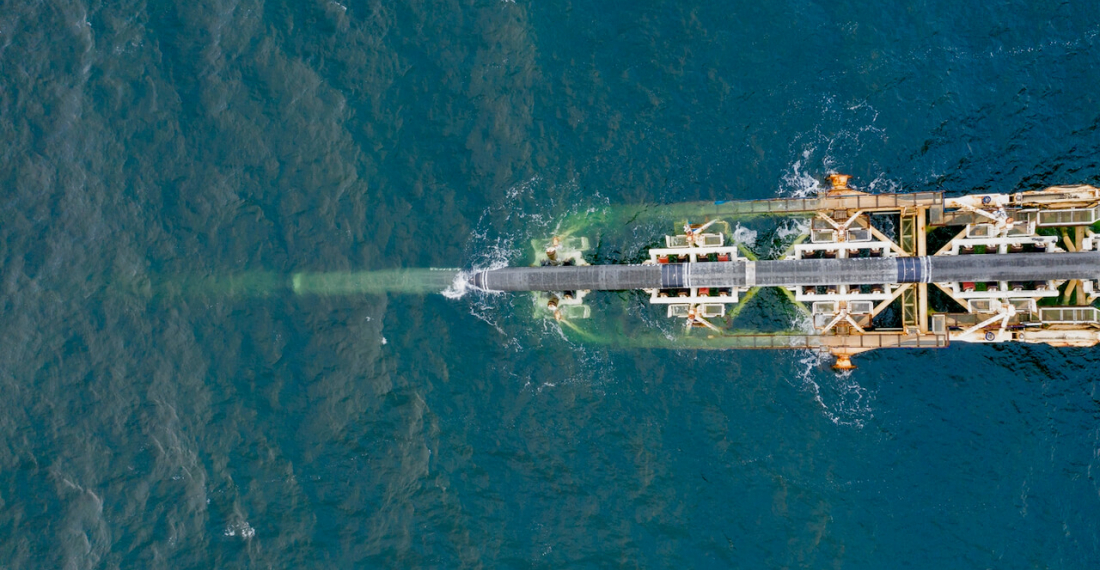The United States will waive sanctions against the German company behind Nord Stream 2, the pipeline from Russia to Germany that will transport natural gas into the European Union. This was announced by the US Secretary of State Antony Blinken on Wednesday (19 May).
Following a report by his Department, the company Nord Stream 2 AG and its Managing Director Matthias Warnig, were deemed as being involved in activities that would justify sanctions. However, Blinken suspended them stating they would not be in the national interest of the US.
The administration of US President Joe Biden wants to strengthen ties with Germany. But the US has imposed sanctions on four Russian ships, including the Akademik Cherskiy, which began laying parts of the pipeline in Danish waters in April. Washington also announced sanctions against five other Russian agencies, including the Marine Rescue Service.
Washington fears the project, which is 95 per cent complete, will make European countries dependent on Russian energy.
The pipeline under the Baltic Sea is expected to be completed by the end of this year.







